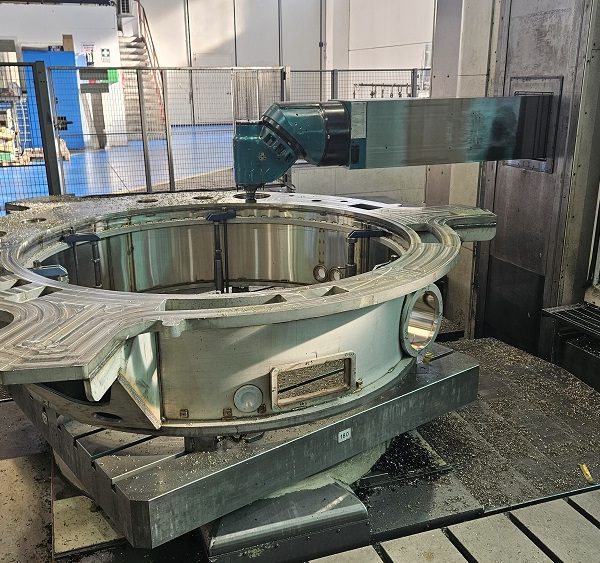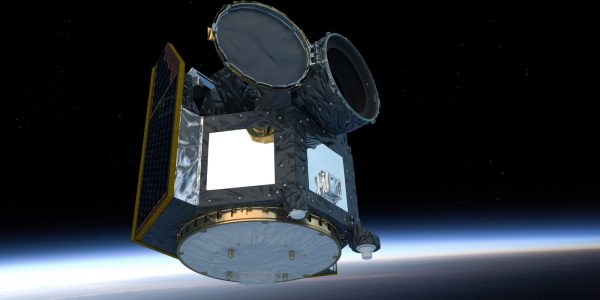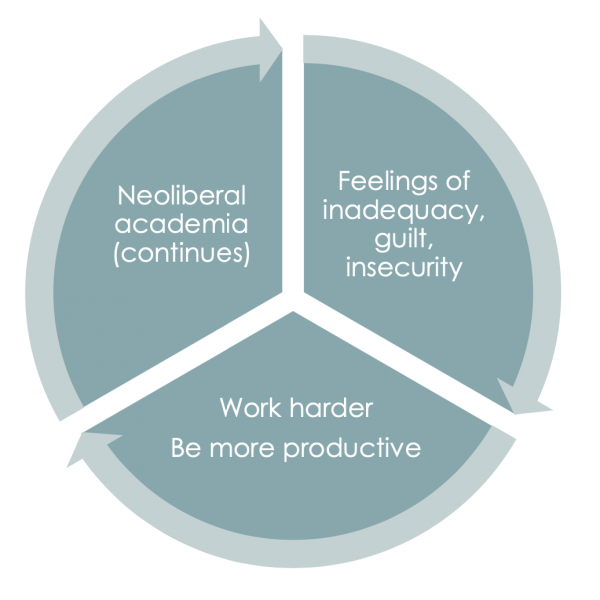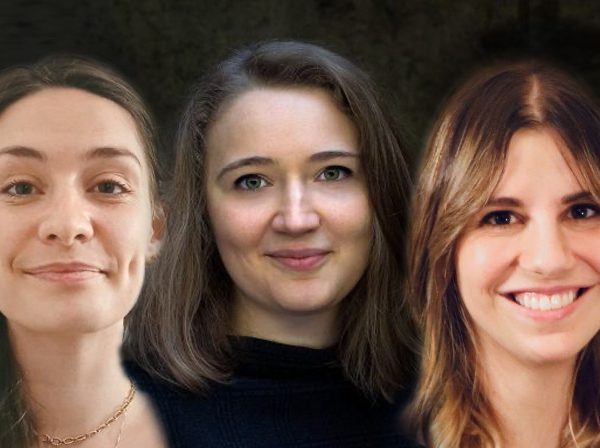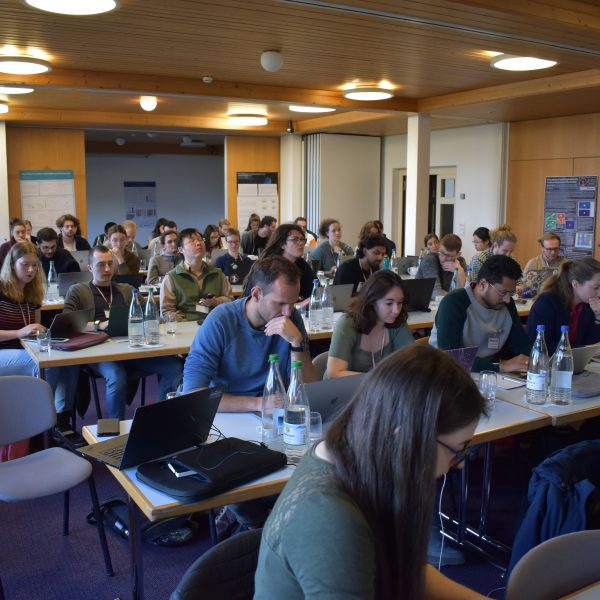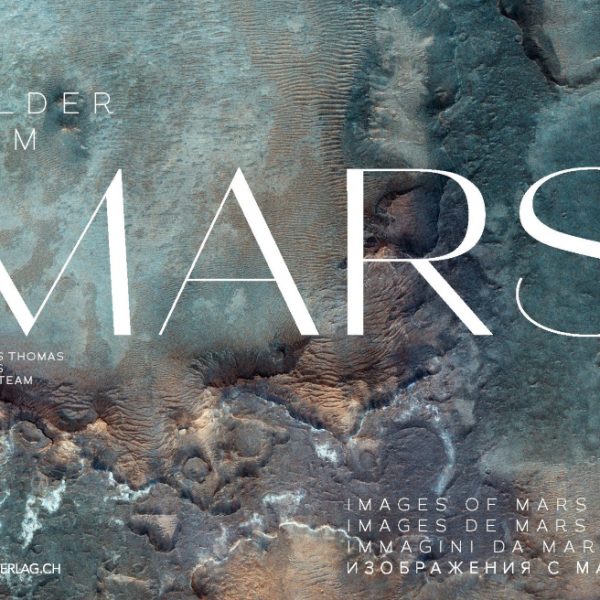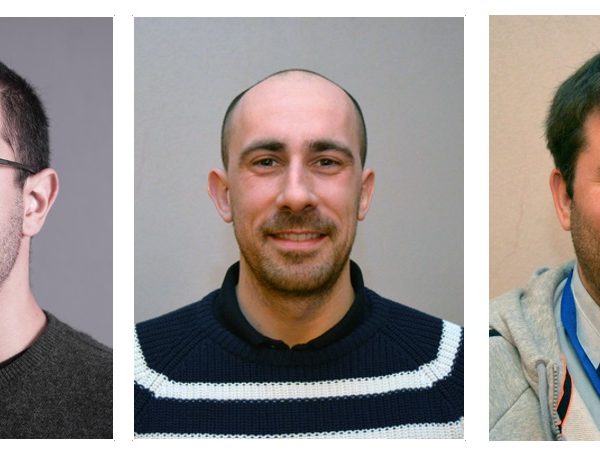Internal Newsletter
Fantasy Basel 2025 – Call for volunteers
Dear PlanetS members and associates, Once again, PlanetS will return to Fantasy Basel – the Swiss Comic-con – and we need you! This year marks the 30th anniversary of 51 Peg b discovery, so exoplanets will be our main focus! But rest assured that all of planetary sciences will be represented! The festival will be held […]
Continue ReadingUpdate on Instrumentation in PlanetS – February 2024
Discover the latest instrumental developments across the NCCR PlanetS! METIS METIS is taking shape! After 6 years of design work, the Mid-Infrared ELT Imager and Spectrograph (METIS) built started, as the goal is for this instrument to be installed at ESO’s ELT in 2028. Many components and parts are currently in manufacturing since the project underwent […]
Continue ReadingFantasy Basel 2024 – Call for volunteers
Dear PlanetS members and associates, Once again, PlanetS will return to Fantasy Basel – the Swiss Comic-con – and we need you! This year will be special as it will mark the tenth anniversary of the festival! The organiser have seen big and the event size will increase by 20% to reach 90 000 m2! The […]
Continue ReadingCHEOPS in numbers
The CHEOPS nominal mission came to an end in September 2023. It is not the last of CHEOPS though, as the first extension of the mission is already going full-steam ahead and will last until the end of 2025 or even 2026 (pending approval from national agencies). The end of this first phase of the […]
Continue Reading“We need to normalise failure in academia”
The Academic Platform of the NCCR PlanetS organised a series of three workshops over the last two months, with a common theme to them: aiming for a healthier academic life. Today we look back at some of the key messages of each workshop. Well-being in academia The first workshop was held on the 8th of […]
Continue ReadingChanges in the communication team
Your communication team has evolved! There has been several changes in the last few months and with Phase III of the NCCR PlanetS. We welcome two new members with Sophie Krummenacher and Thibaut Roger. They are replacing respectively Sylviane Blum (retirement) and Arian Bastani who left the NCCR and joined the communication team of Bern’s […]
Continue ReadingSecond #NCCRWomen campaign
Last November, the second #NCCRWomen campaign started, featuring again scientists from the NCCR PlanetS! #NCCRWomen is an initiative launched for the 50th anniversary of women’s right to vote in Switzerland (7th of February 1971). It puts under the spotlight, women from each NCCR, sharing their portrait on a dedicated Twitter account, looking back at their […]
Continue ReadingJunior Research Assembly (JURA) 2022
The latest Junior Research Assembly (JURA) took place from the 4th to the 6th of April. Young researchers from the four universities that are part of NCCR PlanetS were invited to this 3-day event hosted at Hotel Meielisalp in Leissigen. There was a lot of motivation to participate from all universities, with an impressive number […]
Continue ReadingCaSSIS Book
The Colour and Stereo Surface Imaging System (CaSSIS) is a visual imaging system that was built by the University of Bern with support from several institutions in Europe and the US. The NCCR contributed to CaSSIS in the early phases and was very important in supporting its genesis. The camera was launched from Baikonur onboard […]
Continue ReadingInsiderS Editorial
Dear NCCR PlanetS members and associates, It has been a while since the last issue of the internal newsletter and much has happened in the mean time. This was evident at the first in-person General Assembly in two years, where many new faces could be seen. The 4-day event was a very rewarding event for […]
Continue Reading

